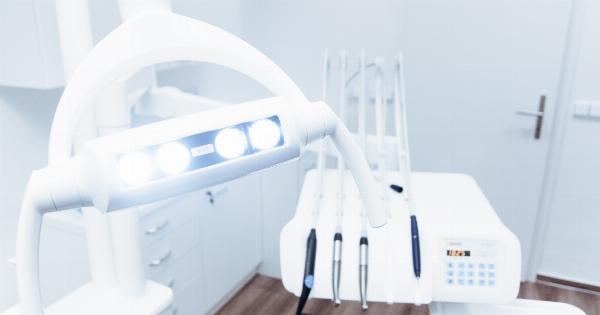Medical professionals are among the most respected individuals in society, as they are responsible for the physical and mental well-being of patients.
However, the demands of this profession are numerous and can take a toll on the mental health of these professionals. Mental health challenges among medical professionals are quite common and, if they are not addressed promptly, can lead to burnout, depression, and other psychological conditions.
Why do Medical Professionals Face Psychological Challenges?
Medical professionals, such as doctors, nurses, and other healthcare workers, face a set of unique challenges in their line of work. One of the significant challenges is dealing with human life and death issues.
When a doctor deals with a patient’s illness or injury, they are always concerned with saving the patient’s life. This concern can take a heavy toll on their mental health, especially when things do not go well.
For example, when a doctor loses a patient, they often feel responsible and may experience feelings of guilt or failure. This guilt can significantly affect their mental health and lead to depression, stress, and other mental health disorders.
Another challenge that medical professionals face is the high demand for their services, which often requires that they work long hours without breaks.
Extended working hours can lead to burnout, which is a state of emotional, physical, and mental exhaustion. Burnout can lead to a lack of motivation, stress, anxiety, and depression.
The Psychological Impact of Long Working Hours
Long working hours are a significant factor in the psychological challenges that medical professionals face.
Some studies have shown that healthcare workers who work long hours are more likely to experience burnout, depression, and other mental health disorders.
Extended working hours can also lead to sleep deprivation, which is another factor that can affect medical professionals’ mental health.
Sleep deprivation can lead to irritability, decreased concentration, and poor decision-making abilities, which can compromise patients’ quality of care.
Psychological Challenges Related to Patient Care
Medical professionals invest a lot of their lives in studying, practicing, and perfecting their craft. However, no matter how good they are, they will encounter situations where they cannot effectively treat or diagnose their patients.
When medical professionals are not able to diagnose a patient’s condition or provide effective treatment, they often feel frustrated and helpless.
This frustration can put a lot of psychological pressure on medical professionals, leading to anxiety, depression, and other psychological disorders.
Psychological Challenges Related to Healthcare Workplace
The healthcare workplace environment is also a factor in the psychological well-being of medical professionals. Many medical professionals work in a stressful and high-pressure environment that can trigger psychological disorders.
Factors such as a lack of support system, hospital politics, and inadequate resources can all contribute to the development of psychological disorders among medical professionals.
A lack of support system is especially common among healthcare workers, as they work in an environment where they need to deal with patients’ health and well-being. This lack of support can make it difficult for medical professionals to discuss their issues, leading to increased stress levels and burnout.
Psychological Challenges and COVID-19
The COVID-19 pandemic has significantly affected the mental health of medical professionals. The pandemic has led to a surge in patients seeking medical attention, leading to increased pressure on healthcare workers.
Medical professionals faced the challenge of navigating the pandemic while ensuring the safety of themselves, colleagues, and patients.
Additionally, they had to deal with the overwhelming toll of treating patients with COVID-19 and dealing with the uncertainty that came with the pandemic.
Conclusion
Medical professionals face various psychological challenges that can affect their mental health. These challenges include long working hours, high-pressure work environments, and burnout.
Failure to address these challenges promptly can have a significant impact on the mental health of medical professionals, leading to psychological disorders such as depression, anxiety, and burnout.
It is essential to recognize the psychological challenges that medical professionals face and address them promptly to ensure their mental health.
A supportive workplace environment, access to mental health support, and taking time off during stressful periods can significantly reduce the risk of psychological disorders among medical professionals.




























